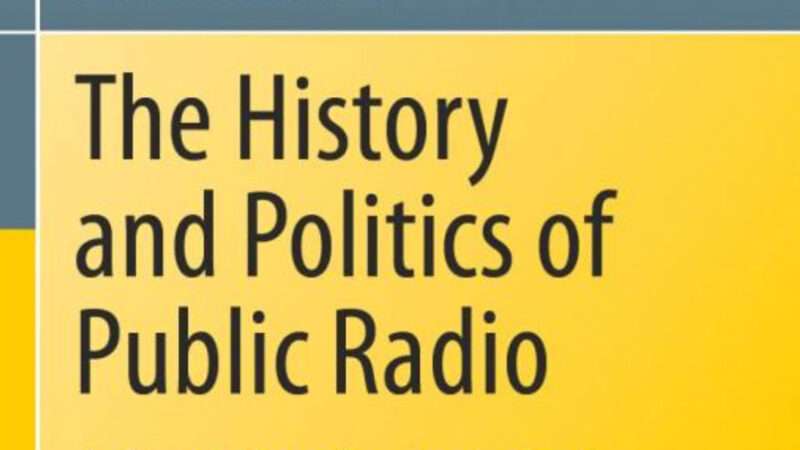
Public radio is much older than NPR. As early as the 1910s, universities were transmitting weather reports to farmers and, in one historian’s words, “esoteric jokes” to themselves. In the 1920s, as New York’s municipally owned WNYC started operation, one of its founders argued that the government should establish big outlets in each region while “cutting out poorer and weaker stations which broadcast inferior programs.”
Drawing on both original research and earlier scholarship (including—full disclosure—my own work), James T. Bennett’s The History and Politics of Public Radio surveys those two strains of noncommercial broadcasting, one scrappy and bottom-up, the other centralist and elitist, with an eye on the subsidies and regulations that have boosted the centralist tradition. It covers funding fights (which do not always fall along expected left/right lines), political manipulations (Washington’s funds often come with Washington’s strings), and historical ironies (jazz has become an NPR staple, but the New Deal–era advocates of educational broadcasting “absolutely hated jazz”).
The book doesn’t deride the idea of noncommercial radio. Instead, Bennett’s libertarian critique argues that noncommercial radio can be detached from the state—indeed, that it’s better that way.
The post The History and Politics of Public Radio appeared first on Reason.com.
from Latest – Reason.com https://ift.tt/3sIAqER
via IFTTT